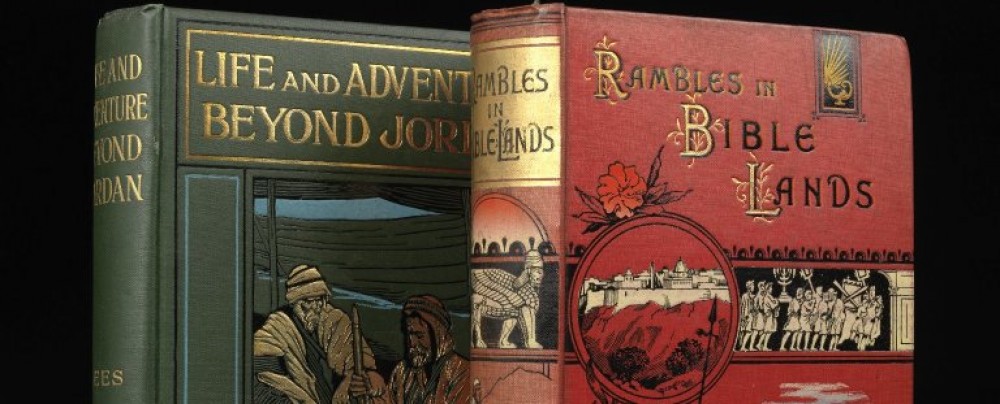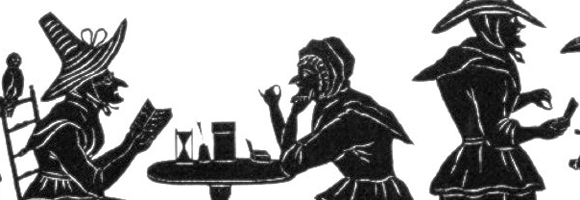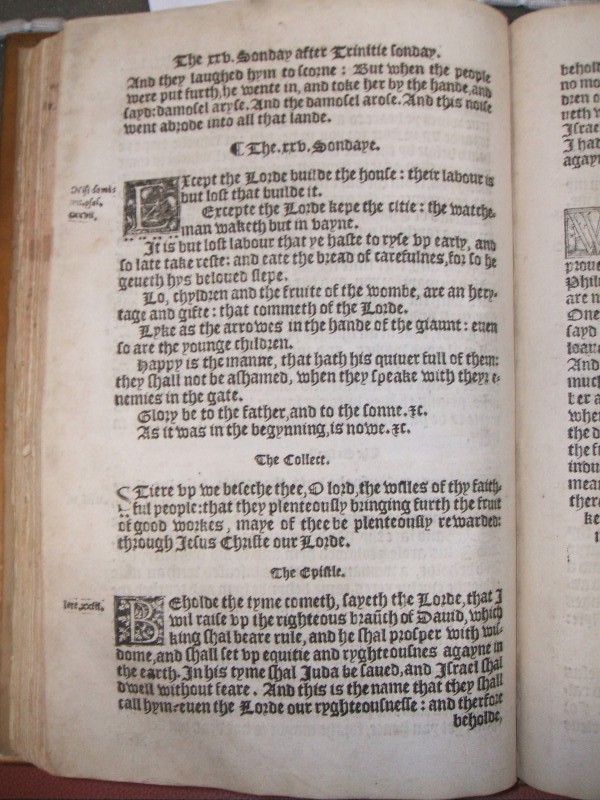![[Newton, John] / An authentic narrative of some remarkable and interesting particularas in the life of ********* ... London, 1786.](http://libraryblogs.is.ed.ac.uk/newcollegelibrarian/files/2013/07/z-1188.jpg?w=300)
[Newton, John] / An authentic narrative of some remarkable and interesting particularas in the life of ********* … London, 1786. New College Library Z.1188
Today marks the anniversary of the birth of John Newton, Anglican clergyman and hymn writer. This volume from New College Library’s Special Collections tells his remarkable story. The
Authentic narrative of some remarkable and interesting particulars in the life of Mr. Newton describes Newton’s early career as a seaman on a slave trading ship. He experienced a profound religious conversion, which when he finally took up life on shore led him to become active in evangelical revival. He pursued private studies in Divinity and taught himself Greek, Hebrew and Syriac.
In 1764, the year he was ordained as an Anglican priest, his Authentic Narrative appeared and quickly became a bestseller. Newton’s early life as a seaman slave trader coloured his experiences in later life, when he wrote and campaigned against slavery and is known to have met and advised William Wilberforce. He was a prominent hymn writer, and his legacy lives on today in the well known hymn ‘Amazing Grace’ .
New College Library has this sixth edition, at Z.1188, published in 1786, but it went through ten British and eight American editions before the end of the century. It was quickly translated into several other languages – New College Library also holds a Gaelic edition at Gaelic Coll. 137.
Sources
D. Bruce Hindmarsh, ‘Newton, John (1725–1807)’, Oxford Dictionary of National Biography, Oxford University Press, 2004; online edn, May 2010 [http://www.oxforddnb.com/view/article/20062, accessed 18 July 2013]
 Celebrating with them will be Dr Rowan Williams, formerly Archbishop of Canterbury, who will be awarded an honorary Doctor of Divinity Degree on Friday 4 July. We have a selection of Dr Williams’ publications on display in the entrance to New College Library. To see more of Dr William’s extensive publications, have a look at the resource list we have created using the Talis Aspire Resource list system.
Celebrating with them will be Dr Rowan Williams, formerly Archbishop of Canterbury, who will be awarded an honorary Doctor of Divinity Degree on Friday 4 July. We have a selection of Dr Williams’ publications on display in the entrance to New College Library. To see more of Dr William’s extensive publications, have a look at the resource list we have created using the Talis Aspire Resource list system.
![[Newton, John] / An authentic narrative of some remarkable and interesting particularas in the life of ********* ... London, 1786.](http://libraryblogs.is.ed.ac.uk/newcollegelibrarian/files/2013/07/z-1188.jpg?w=300)

![Nazi massacres of the Jews & others : some practical proposals for immediate rescue made by the Archbishop of Canterbury and Lord Rochester in speeches on March 23rd 1943 in the House of Lords /William Temple. London : Victor Gollancz, [1943] Z.h.30/24](http://libraryblogs.is.ed.ac.uk/newcollegelibrarian/files/2012/12/6-nov-010.jpg?w=225)

